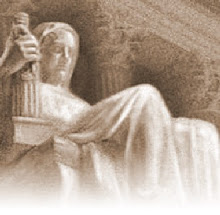mortgage is the security of the loan to finance the purchase of a property with defined interest rates. Mortgage is the lender’s security for debt. This is the most mutual method of financing property dealings. The mortgager is the borrower in the mortgage and he transfers the interest. Then again, the mortgagee is the capitalist or a financial institution that provides loan or other interests in exchange of the security interest. As per the residential mortgage law, whether or not the borrower fails to remunerate, the mortgagee has the right to trade the property to remunerate off the loan.
generally the mortgage is salaried in installments where the borrower needs to remunerate the interest as well as the principle amount that was borrowed by the mortgagor. Whether or not the mortgagor fails to make payments, then this may lead to the foreclosure of the mortgage. As per the acceleration clause in the mortgage, the borrower has to remunerate off the loan immediately. Foreclosure permits the mortgagee to state that the debt is due. Acceleration clause is relevant in residential and commercial properties. This law may likewise be implemented whether or not the borrower tries to trade or transfer the property to human being. In order to stay clear from foreclosure, the borrower may clear the due payments and the cost incurred for the missed payments.
according to the state law and the terms and conditions of the mortgage agreement, the foreclosure process is carried on. The mortgagee may negotiate with the mortgagors to adapt the terms of the mortgage. There are two kinds of foreclosures that are judicial foreclosures, which require a court order, and nonjudicial foreclosures, which may be settled outside the court. Whether or not power of sale clause is there in the mortgage, nonjudicial foreclosures may be used.

0 comments